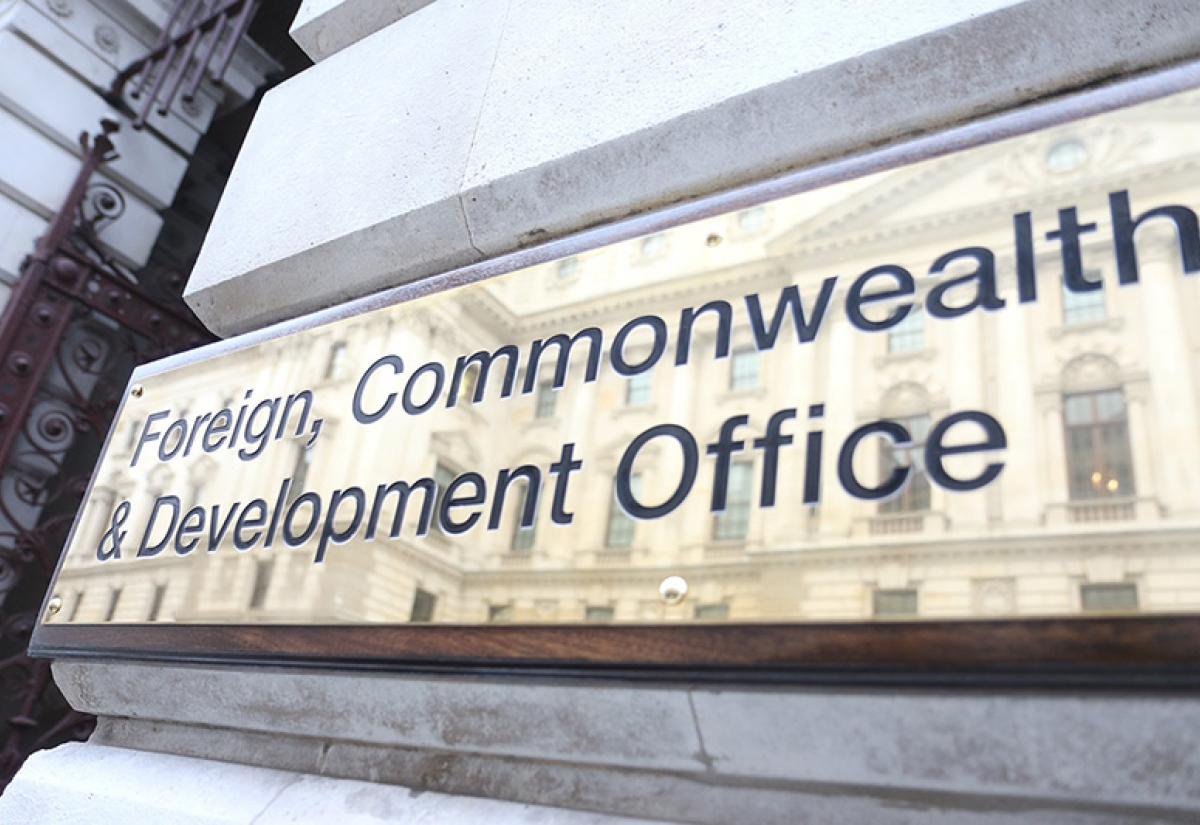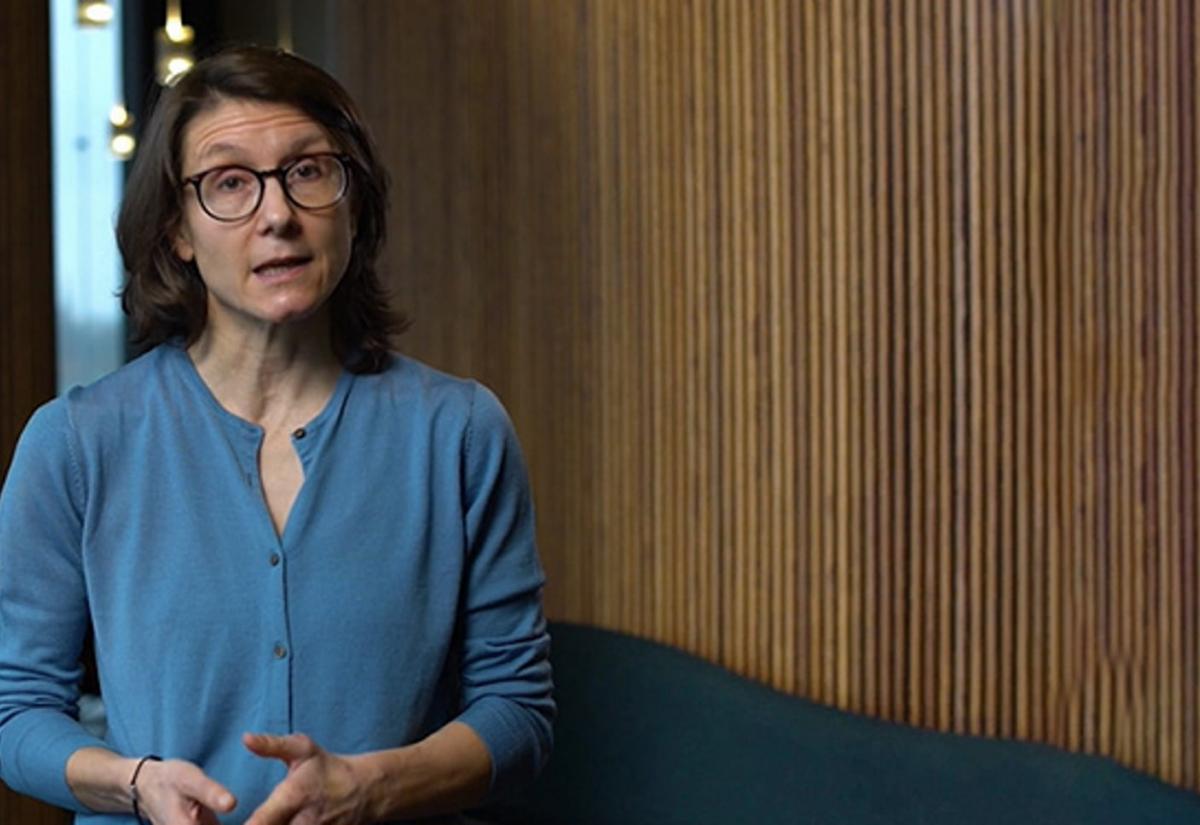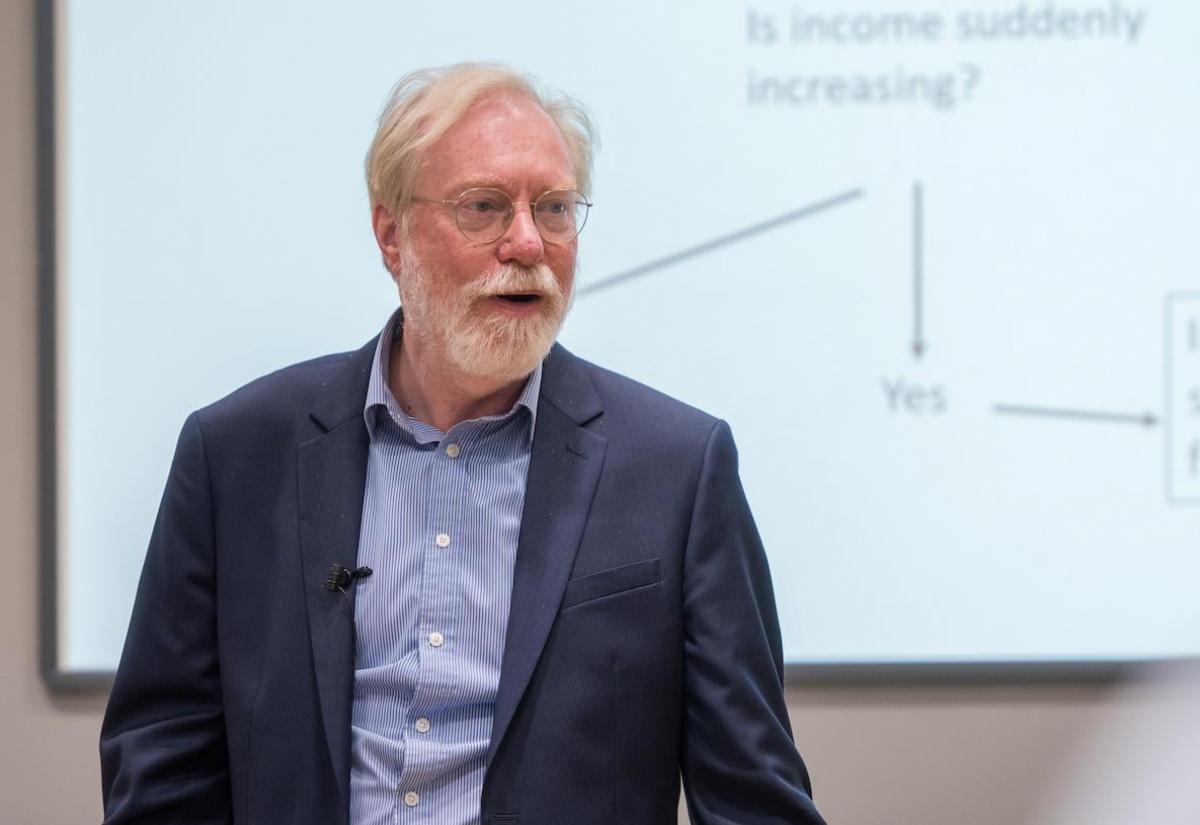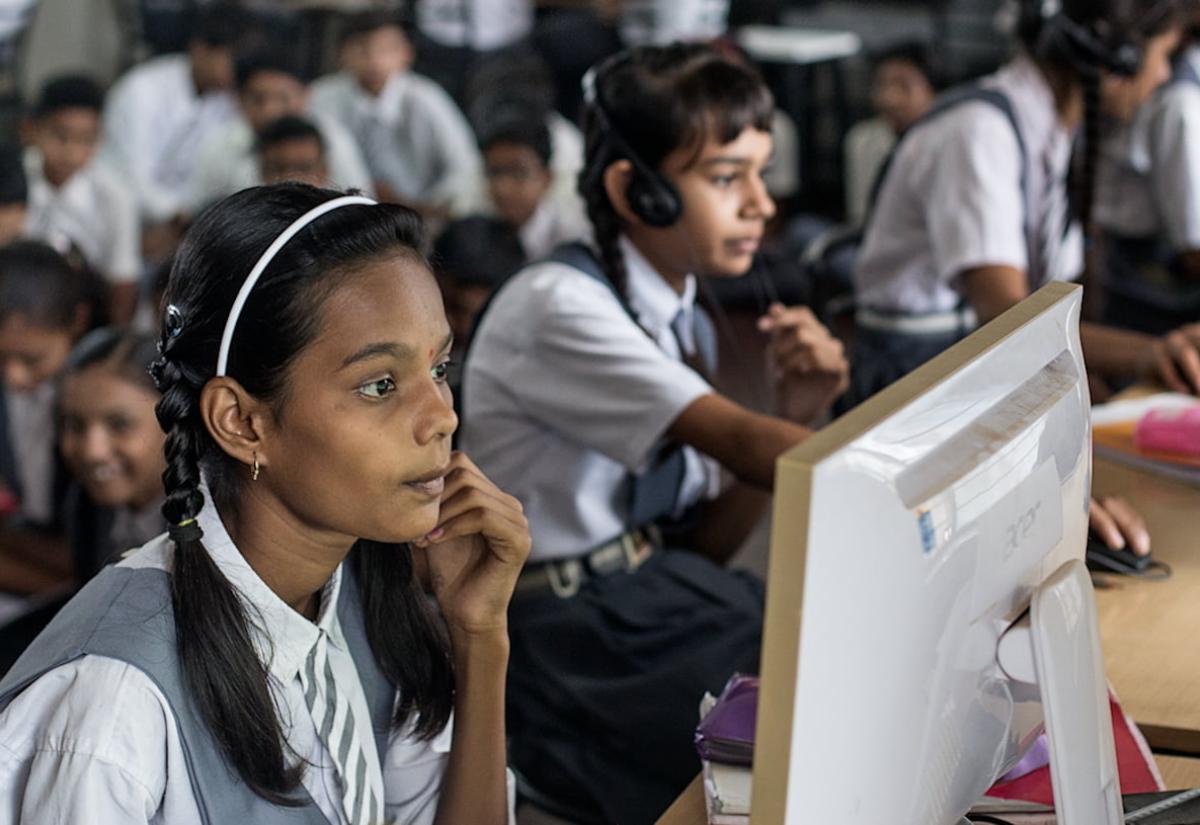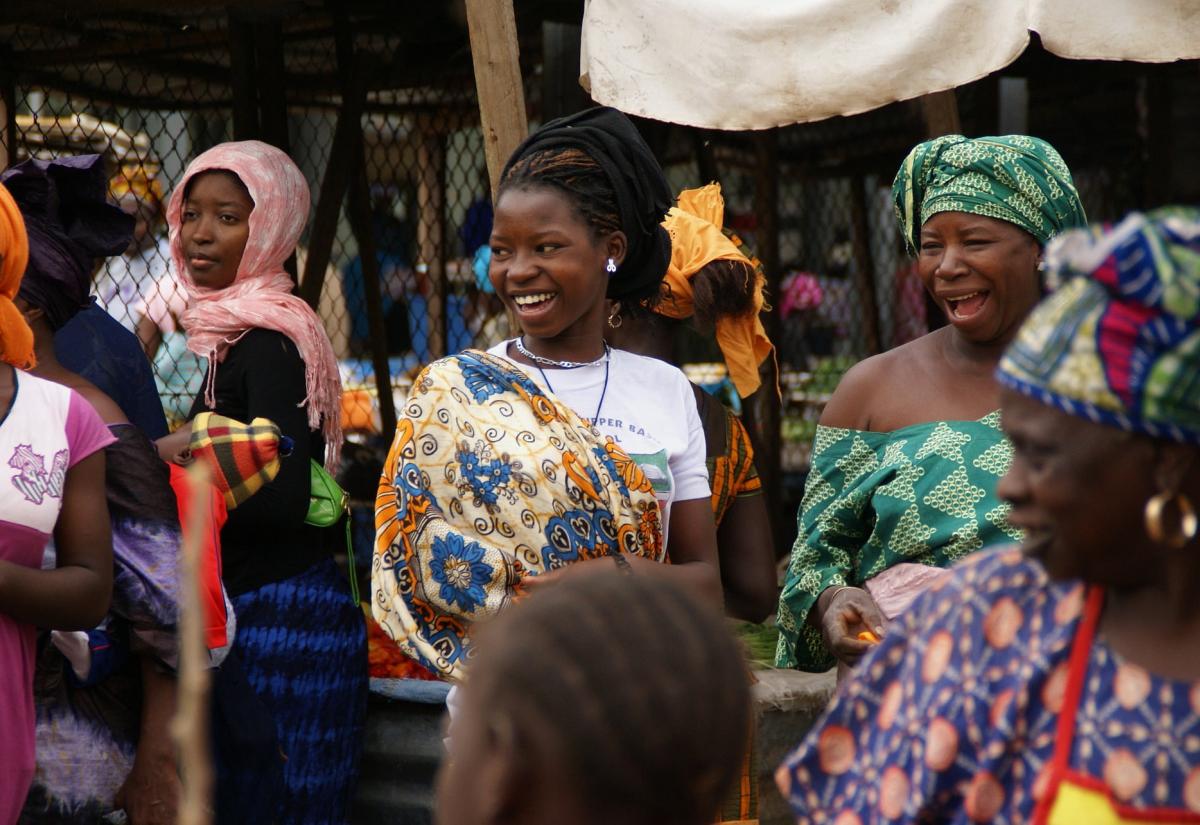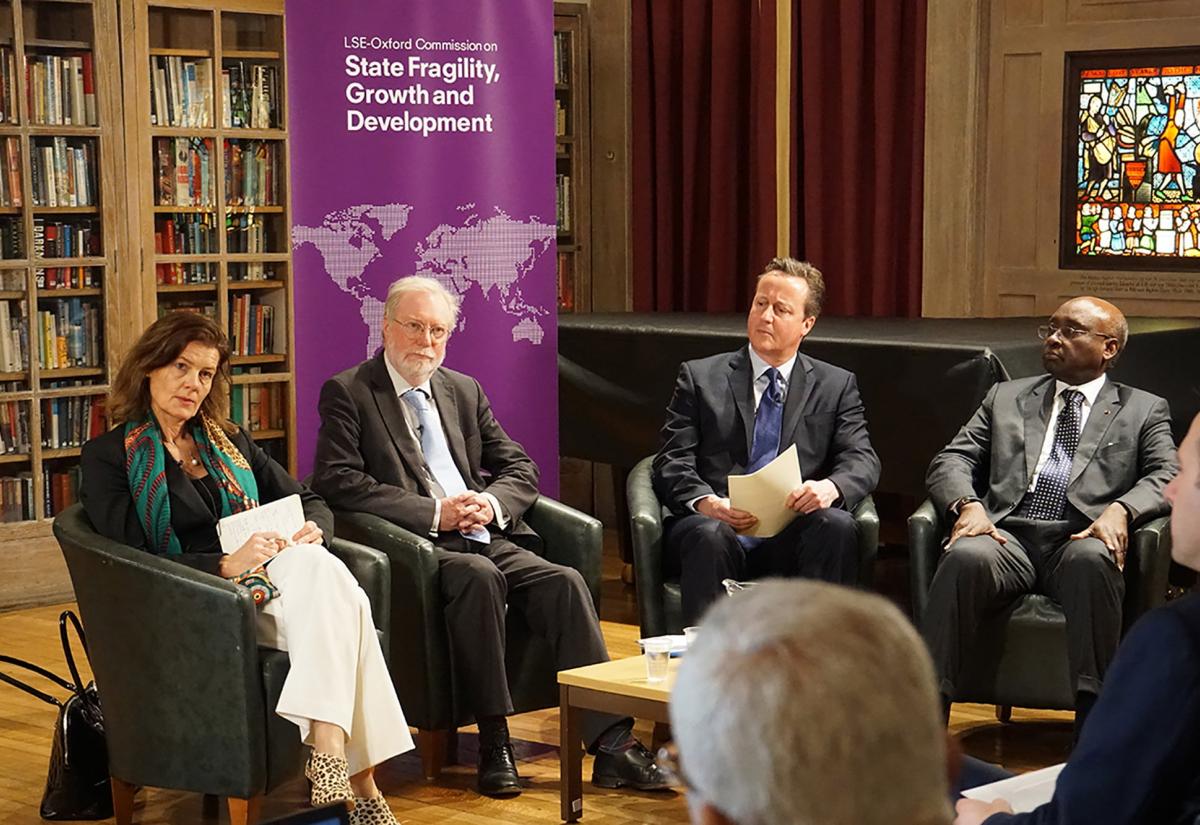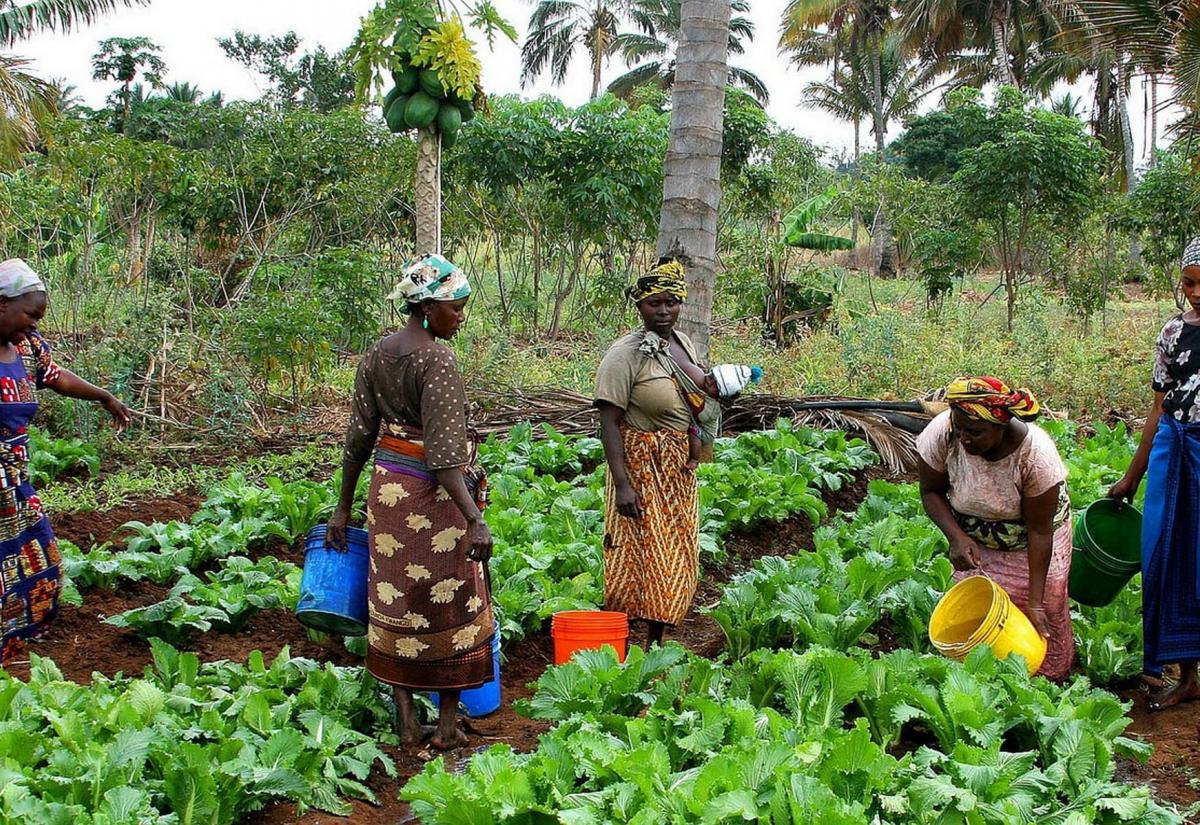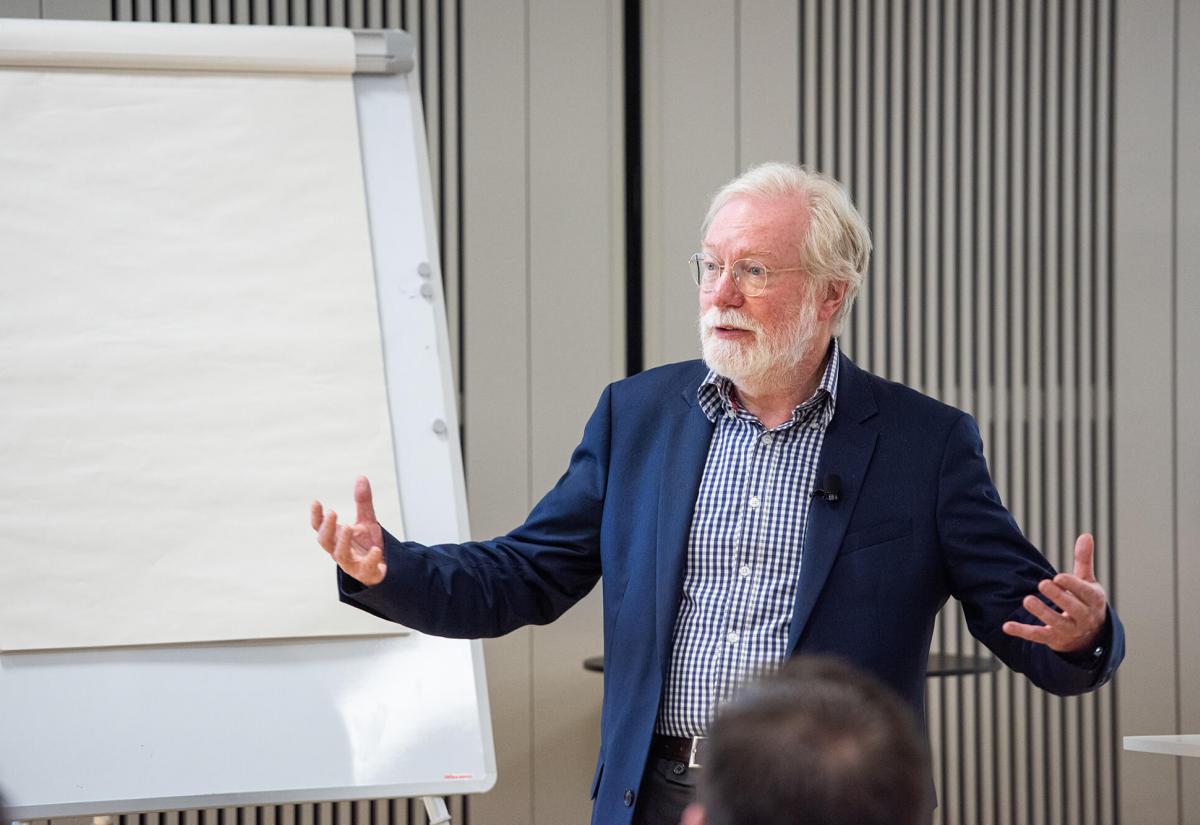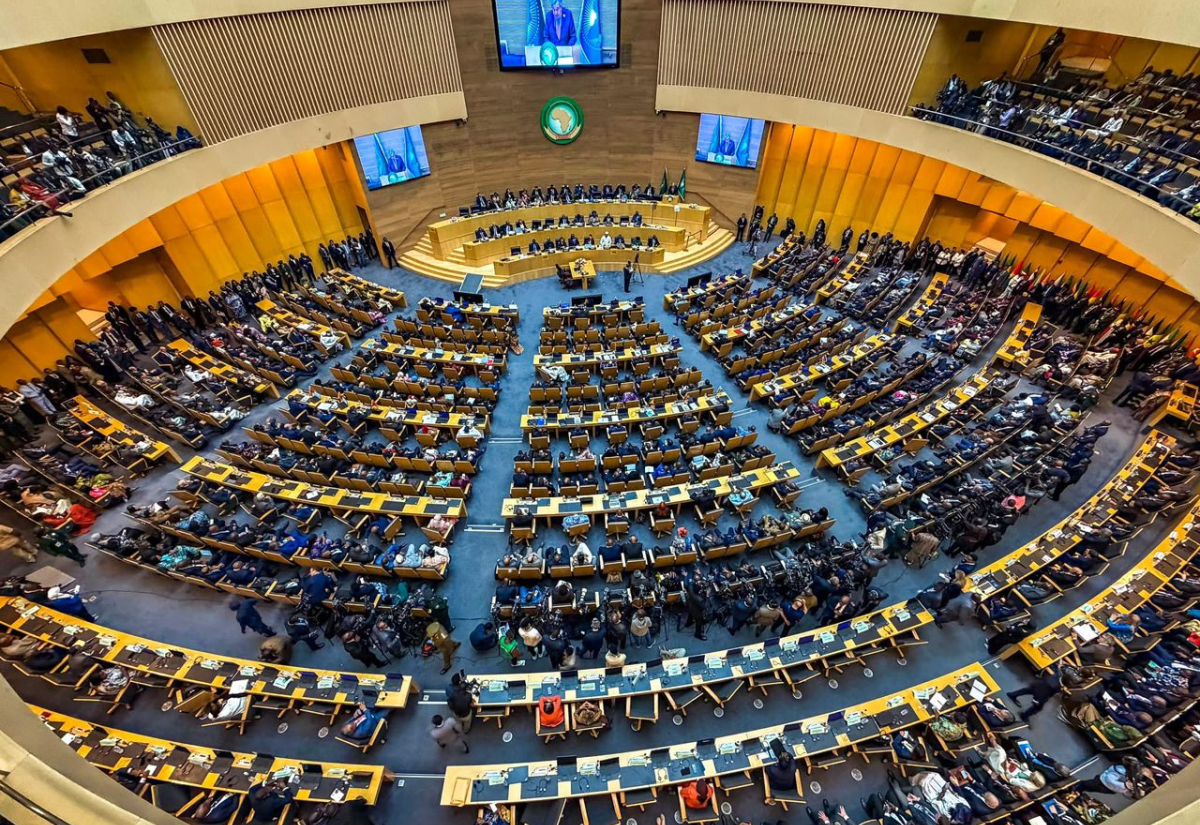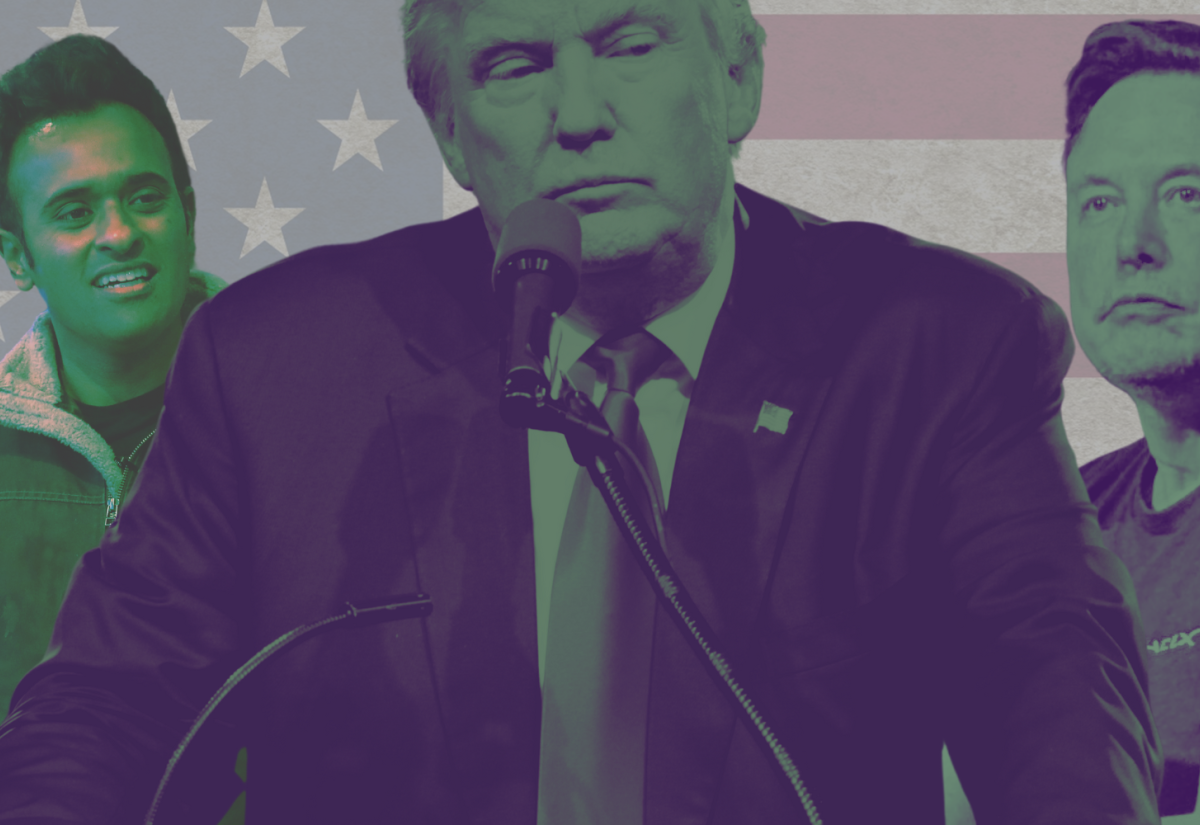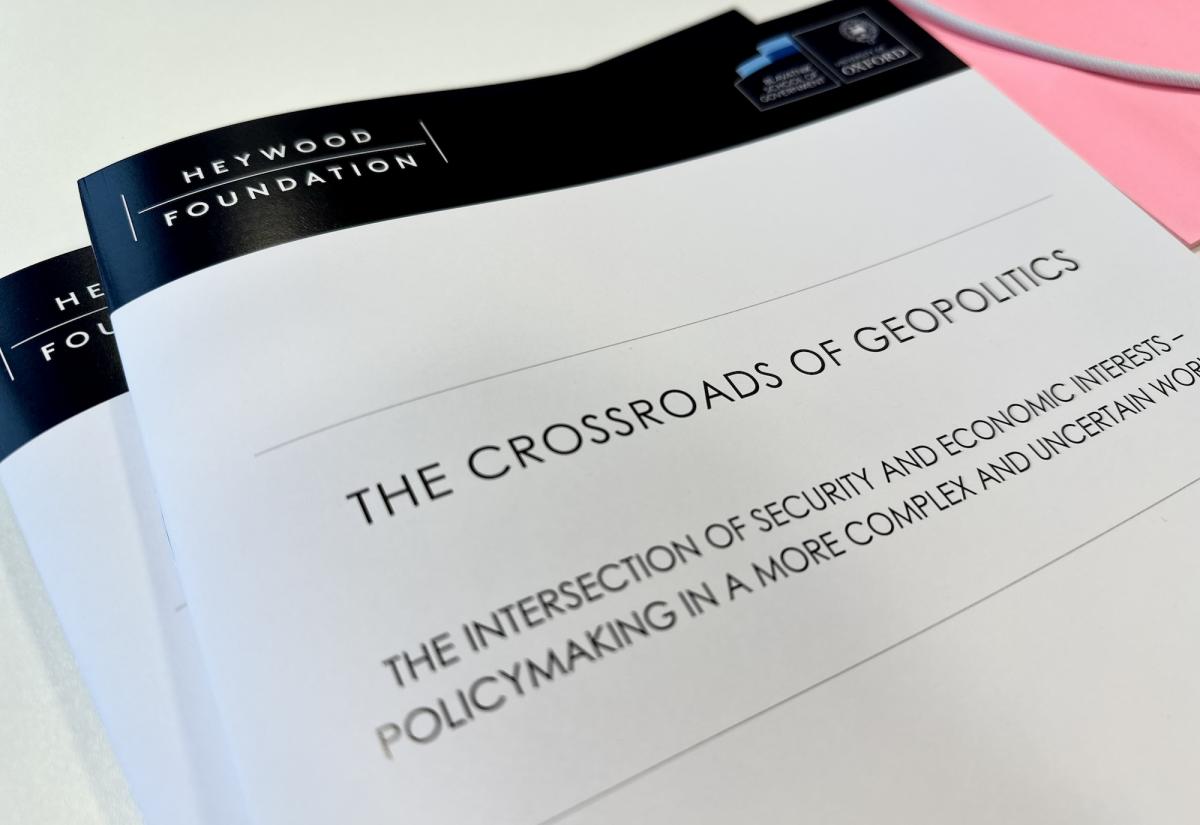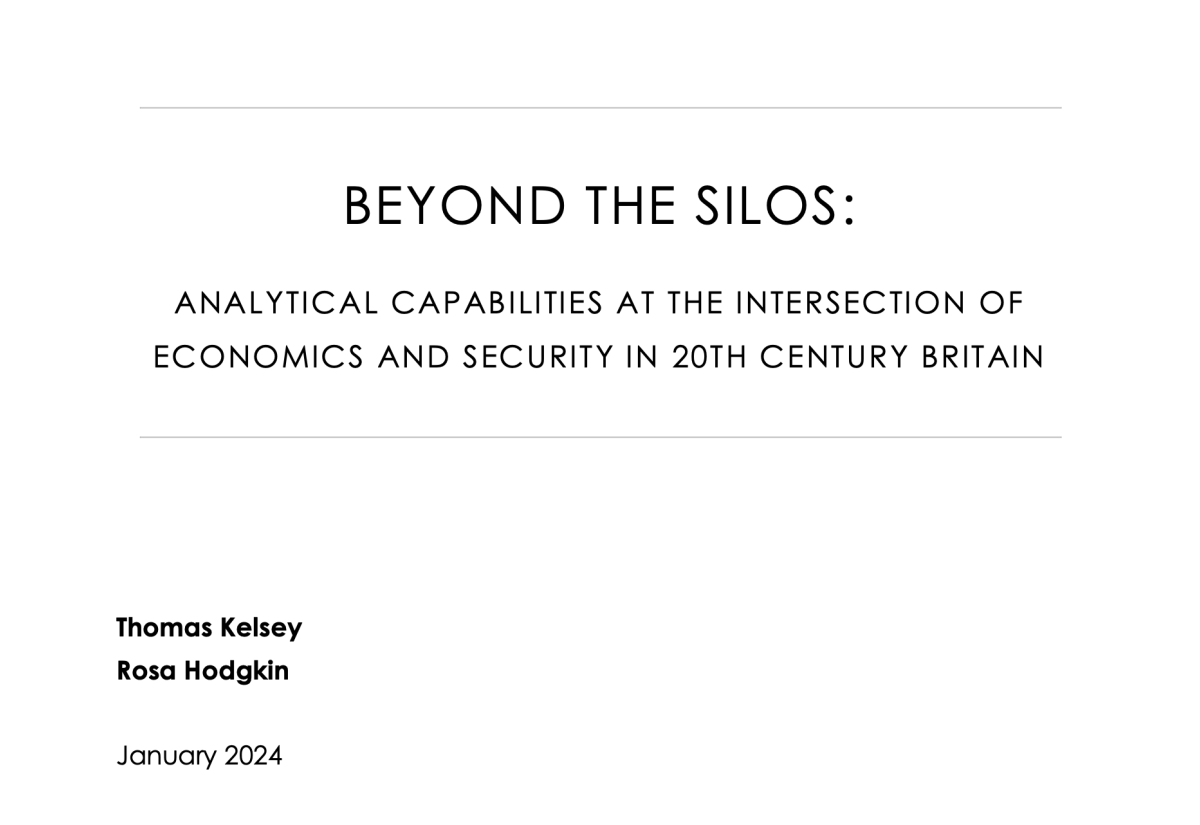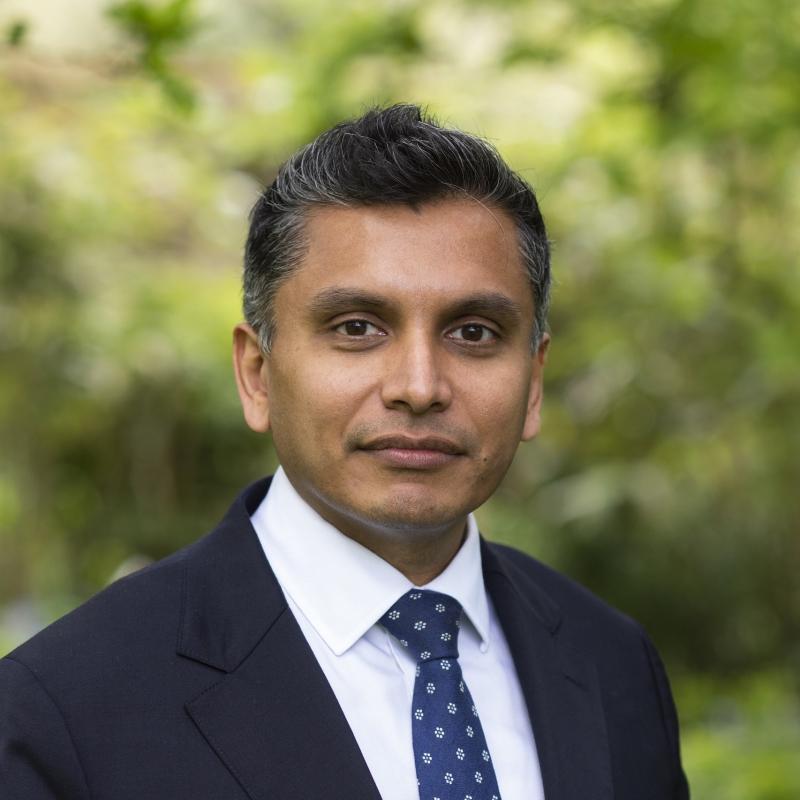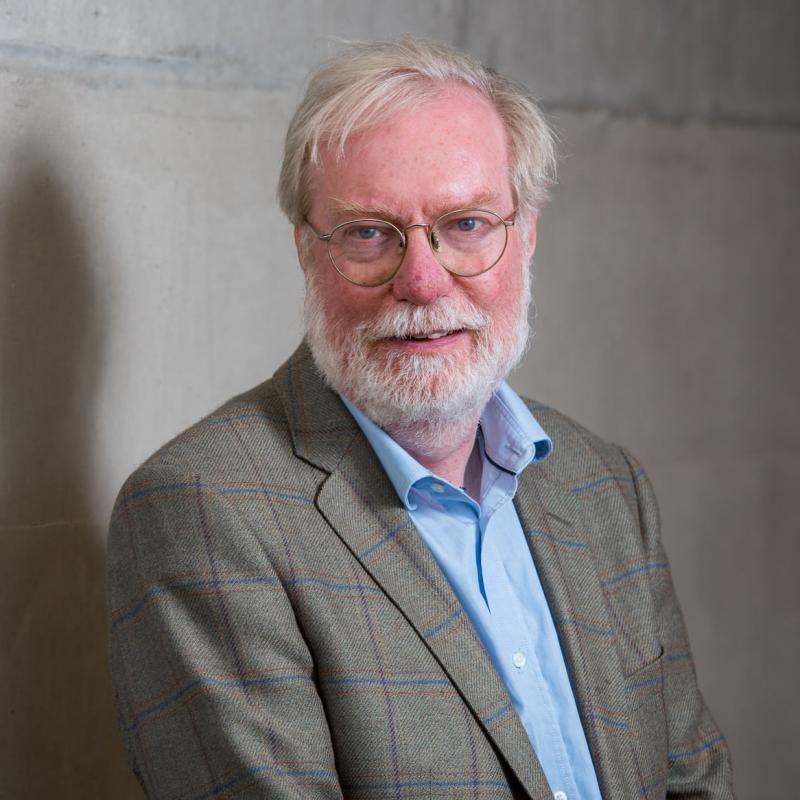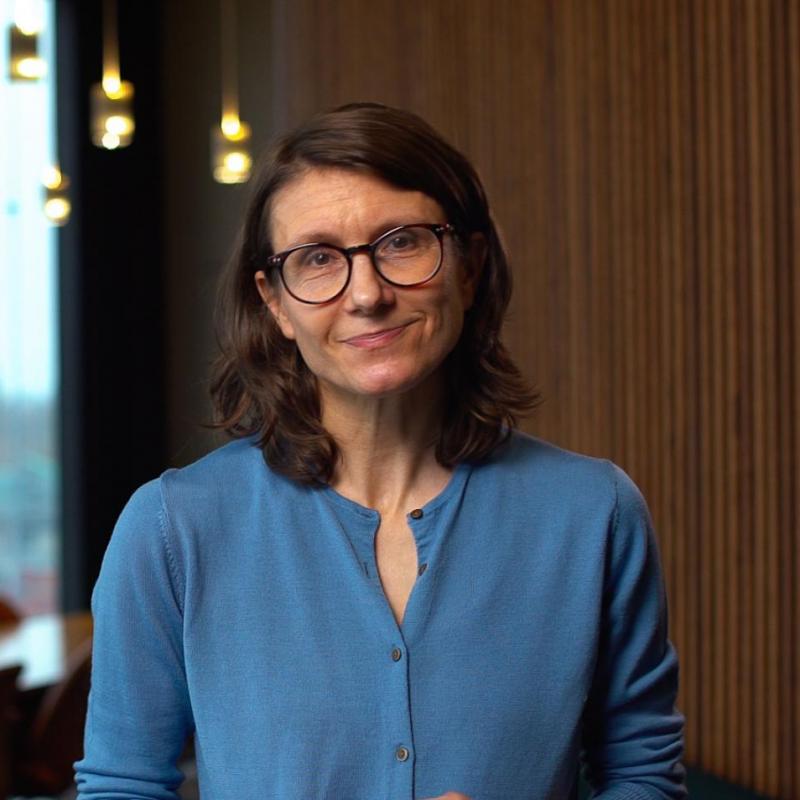Management of the economy is one of the key functions of government, and economics is a core discipline in our research and teaching. In a global economy, the decisions of national governments resonate far beyond their borders. Governments need to co-operate with one another and balance growth with sustainability and equity. Our work deals with some of the most pressing economic policy challenges of today.
PROGRAMMES AND PROJECTS
VOICES BLOG
Bridging the gender gap can drive development in the Global South
Margarita Gómez, Master of Public Policy alumna and current Visiting Fellow with the Lemann Foundation Programme is the Executive Director of Southern Voice, a network of think tanks from the Global South aiming to strengthen the economic and leadership opportunities of women and girls. Along with her colleague Valeria Colunga, Executive Strategy Officer at Southern Voice, they explore the gender equality gap in 2025, from the care economy to the digital divide.
PUBLICATIONS
-
The Crossroads of Geopolitics: The Intersection of Security and Economic Interests – Policymaking in a More Complex and Uncertain World
This report sets out conclusions from an inquiry into how policymaking at the intersection of economic and security interests needs to change to keep ahead geopolitical and wider global trends.
Jonathan BlackJack ConnollyAmina AdjeridThomas Kelsey -
-
-
-
-
-
-
Wellbeing and macroeconomics: a SAGE approach
Alessandro Federico Conway -
Efficiency and equity in a society-economy integrated model
Marc FleurbaeyRavi KanburDennis Snower -
-
Timor-Leste’s drivers of growth and sectoral transformation
Camilla SacchettoSarah LoganJoevas AsareMoussa Saab -
-
Virtual migration through online freelancing: evidence from Bangladesh
Mehrab BakhtiarAbu ShonchoyMuhammad MekiSimon Quinn -
Fostering inclusive economic growth: the case of the Digital Code of Benin
Beatriz KiraTebello QhotsokoaneSimphiwe Laura Stewart -
-
Fiscal regimes and digital transformation in Sub-Saharan Africa
Benno NduluCornel JosephKarline Tryphone -
-
Lessons from implementing the Digital Economy Kit: Moving from diagnosis to action
Elizabeth StuartPranjali GuptaTebello QhotsokoaneToby Phillips -
-
-
Socio-political consequences of regional economic divergence in Britain: 1983-2018
Regions and nations of Britain have become still more economically divided in recent decades. This paper assesses the extent to which social and political attitudes in different regions and nations of Britain have indeed become more polarised, in line with regional economic divergence.
Stephen FisherMartha KirbyEilidh Macfarlane -
Governance to support a global green deal
To achieve global climate goals and build a more resilient economy, the rules and institutions of global economic governance must align around a green transition.
Emily JonesThomas HaleCarolyn Deere BirkbeckLise JohnsonAndreas KlasenGregory MessengerHarro van AsseltBentley Allan -
COVID-19 and disruption of the digital economy: evidence from low and middle-income countries
Karishma BangaDirk Willem te Velde -
-
-
-
Informality and COVID-19 in sub-Saharan Africa
Camilla SacchettoEgas DanielMichael DanquahHenry Telli -
-
-
-
-
-
Transforming the Global Plastics Economy
Diana BarrowcloughCarolyn Deere Birkbeck -
Recoupling economic and social prosperity
Dennis SnowerKatharina Lima de Miranda -
-
The BRT and the danfo: A case study of Lagos’ transport reforms from 1999-2019
Oliver HarmanSebastian KriticosBiodun Otunola -
-
The prospects for manufacturing-led growth in Africa’s cities
Sebastian KriticosVernon Henderson -
The prospects for manufacturing-led growth in Africa’s cities
Sebastian KriticosVernon Henderson -
Considerations for land value capture reform in the Greater Amman Municipality
Sebastian KriticosAstrid Haas -
Psychological and social motivations in microfinance contracts: theory and evidence
Sanjit DhamiJunaid ArshadAli al-Nowaihi -
-
Public goods and future audiences: acting as role models?
Giuseppe AttanasiRoberta DessíFrédéric MoisanDonald Robertson -
-
-
-
Cooperation and identity
Dennis SnowerAssar Lindbeck -
-
-
Technological advance, social fragmentation and welfare
Dennis SnowerSteven Bosworth -
-
-
-
-
Enhancing property tax compliance in Mandalay
Sebastian KriticosMichael Blake -
-
-
-
-
-
-
-
-
Emotion and reason in human decision-making
Edmund T Rolls -
-
Organisational ethics, narratives and social dysfunctions
Dennis SnowerSteven Bosworth -
-
-
The drivers of inequality in rich countries
Brian NolanMatteo G. RichiardiLuis Valenzuela -
-
-
-
Upping the ante: The equilibrium effects of unconditional grants to private schools
Tahir AndrabiJishnu DasAsim I. KhwajaSelcuk OzyurtNiharika Singh -
Trust and its determinants: evidence from the Trustlab experiment
Yann Algan Fabrice MurtinLara FleischerVincent SiegerinkArnstein AassveRomina BoariniSantiago GonzalezZsuzsanna LontiGianluca GrimaldaUlrich SchmidtRafael Hortala VallveSoonhee KimDavid LeeLouis PuttermanConal Smith -
-
-
-
-
-
Preferences for redistribution in the US, Italy, Norway: an experiment study
Gianluca Grimalda Francesco FarinaUlrich Schmidt -
-
Private vs. public collection in enhancing local tax revenues
Astrid R.N. HaasPriya Manwaring -
Exploiting behavioural insights to foster global cooperation
Dennis SnowerGianluca GrimaldaSimon Bartke Steven BosworthAndreas FriedlKatharina Lima de MirandaPatrick Ring -
An interdisciplinary model for macroeconomics
Andrew G HaldaneArthur E Turrell -
-
Cash-Plus: Variants and Components of Transfer-Based Anti-Poverty Programming
Richard SedlmayrAnuj ShahMunshi Sulaiman -
-
-
-
-
Where do fairness preferences come from? Norm transmission in a teen friendship network
David Hugh-JonesJinnie Ooi -
On culture and corruption
Robert Klitgaard -
Hiding Money: Evidence from a field experiment with aspiring female entrepreneurs
Mahreen MahmudFarah SaidGiovanna d'AddaAzam Chaudhry -
Humans reciprocate intentional harm by discriminating against group peers
David Hugh-JonesItay RonRo'i Zultan -
Risk Sharing and the Demand for Insurance: Theory and Experimental Evidence from Ethiopia
Karlijn MorsinkErlend BergMichael Blake -
Wealth, top incomes and inequality
Frank CowellBrian NolanJavier Olivera Philippe Van Kerm -
Organising the unorganised
Shahana Chattaraj -
When the state gives back: trust and trustworthiness after a land restitution programme
Francesco BogliacinoGianluca GrimaldaLaura JiménezDaniel Reyes Galvis Cristiano Codagnone -
-
GDP per capita versus median household income: what gives rise to divergence over time?
Brian Nolan Max RoserStefan Thewissen -
-
-
-
Models, regimes, and the evolution of middle incomes in OECD countries
Brian Nolan Max RoserStefan Thewissen -
-
Striving for balance in economics: towards a theory of the social determination of behaviour
Karla HoffJoseph E Stiglitz -
-
-
Compliance behaviour in networks: evidence from a field experiment
Francesco DragoFriederike MengelChristian Traxler -
The economy wide impact of HIV/AIDS
Mthuli NcubeJudith Kabajulizi -
The politics of transfer risk
Noel P. JohnstonBenjamin A.T. GrahamAllison F. Kingsley -
-
-
-
-
-
The interaction of legal and social norm enforcement
Sebastian KubeChristian Traxler -
-
Social norms and the evolution of conditional cooperation
Mathias SpichtigChristian Traxler
RESEARCH UPDATES



